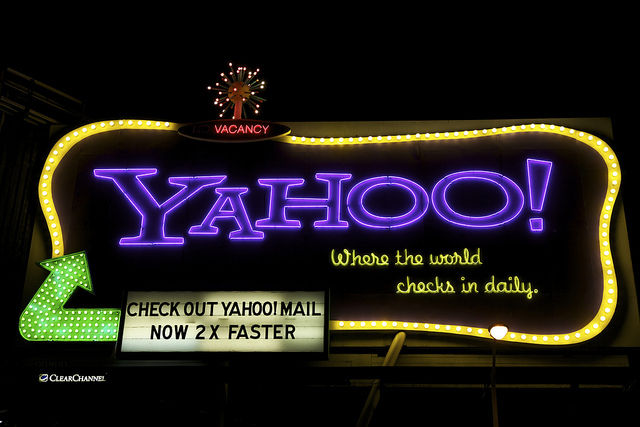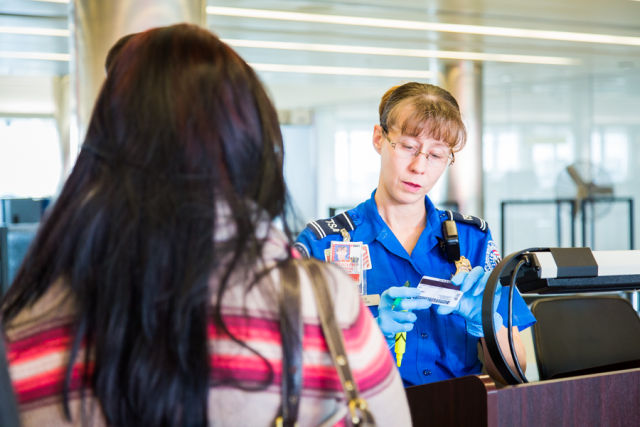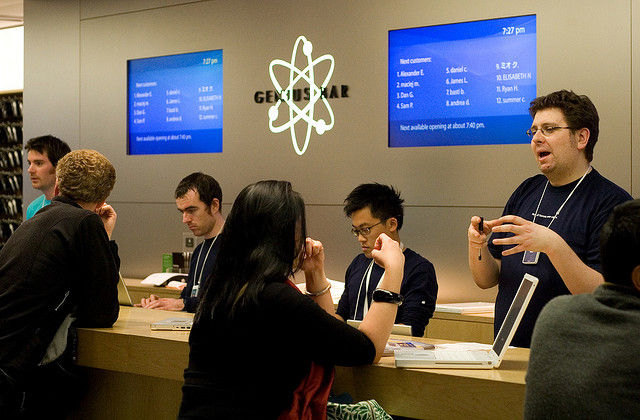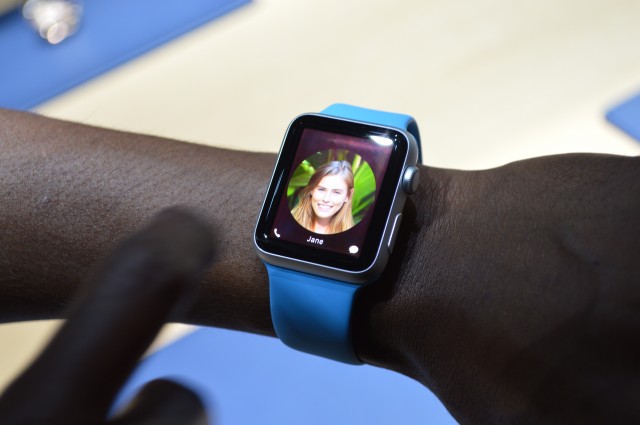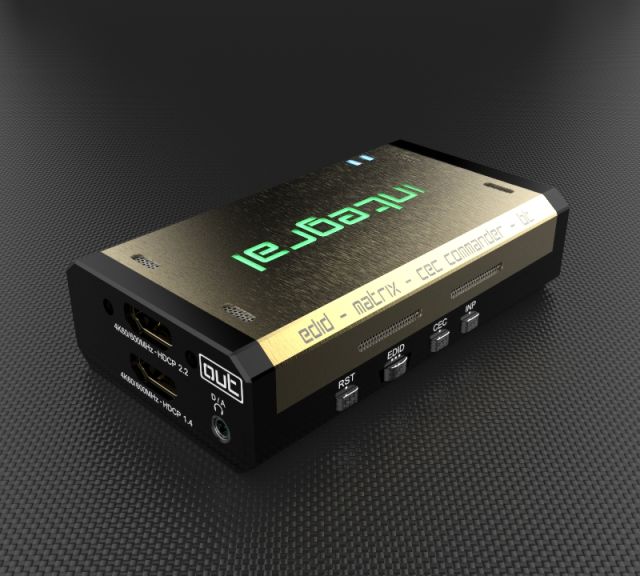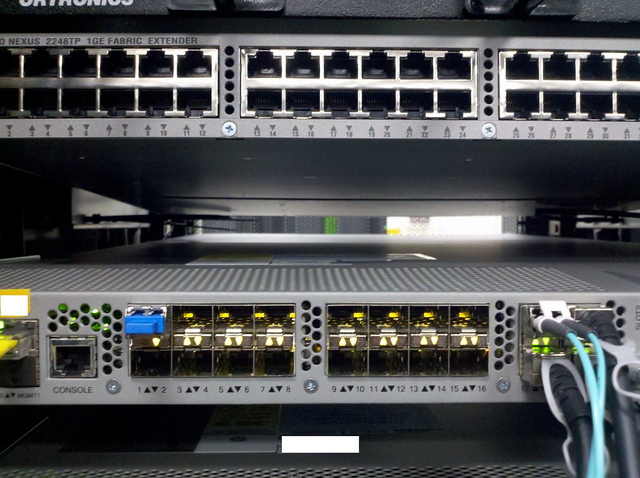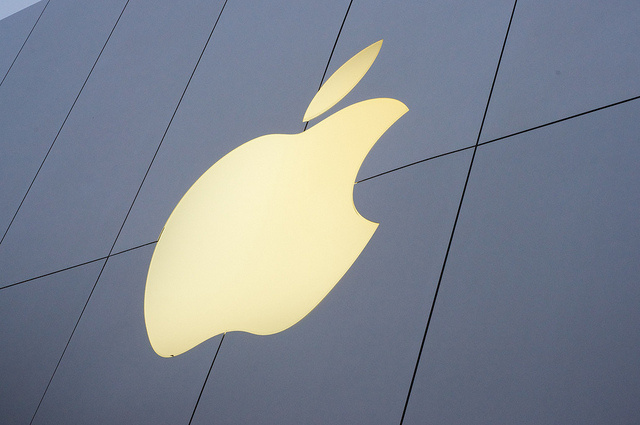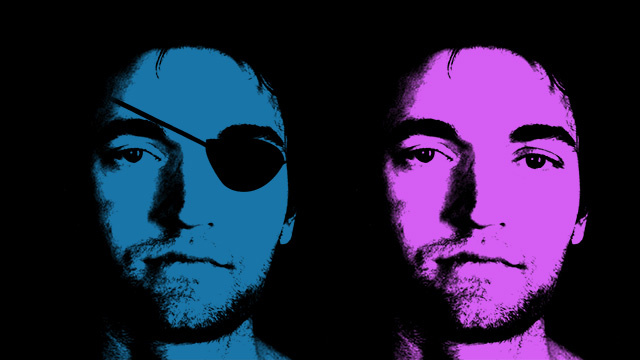
The two faces of Ross Ulbricht. (credit: Aurich Lawson)
Ross Ulbricht, convicted last February of being the mastermind behind the Silk Road darknet marketplace, has filed his appeal brief. It’s a 170-page whopper that revisits several of the evidentiary arguments that Ulbricht's lawyer made at trial. It also focuses on allegations of government corruption that didn’t come out until afterward.
The brief reprises the central elements of Ulbricht’s defense: namely, that he didn't do it. Ulbricht still says he wasn’t “Dread Pirate Roberts,” or DPR, and that “there were multiple DPRs over the course of Silk Road’s existence.”
As to the digital mountain of evidence that the feds found on his computer—including Silk Road logs and thousands of pages of chats with Silk Road admins—Ulbricht answers with a kind of vague “the Internet is scary” story. His attorney, Joshua Dratel, writes that “vulnerabilities inherent to the Internet and digital data,” like hacking and fabrication of files, made “much of the evidence against Ulbricht inauthentic, unattributable to him, and/or untimely unreliable.”
